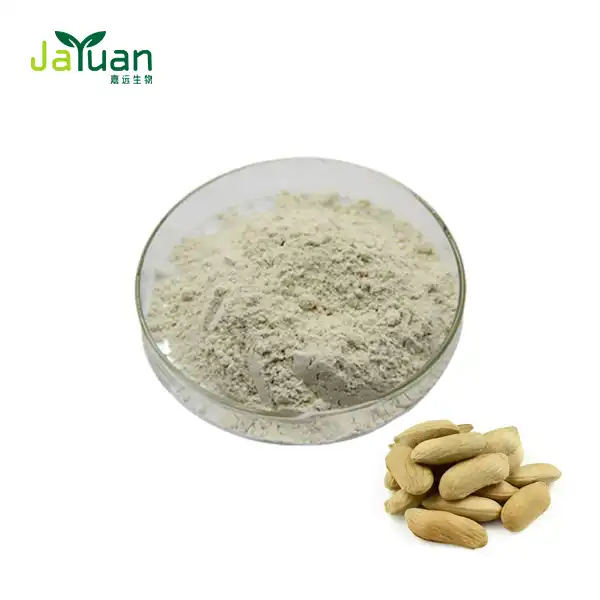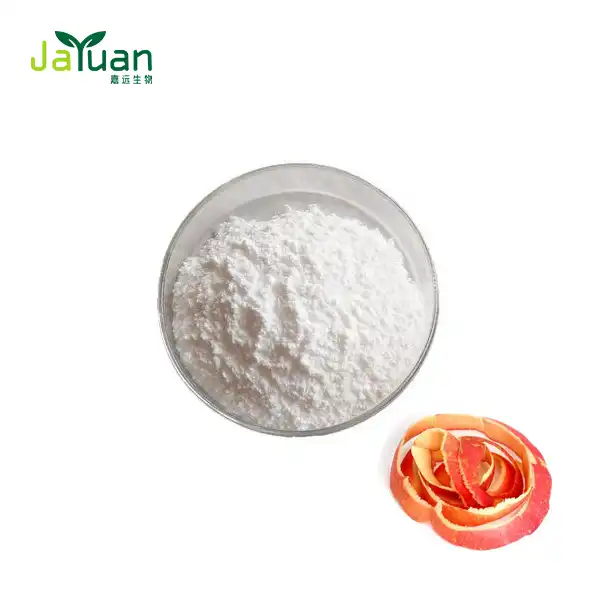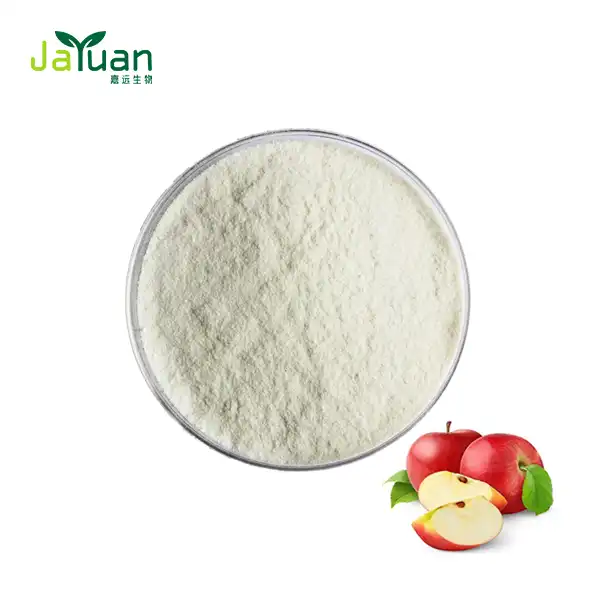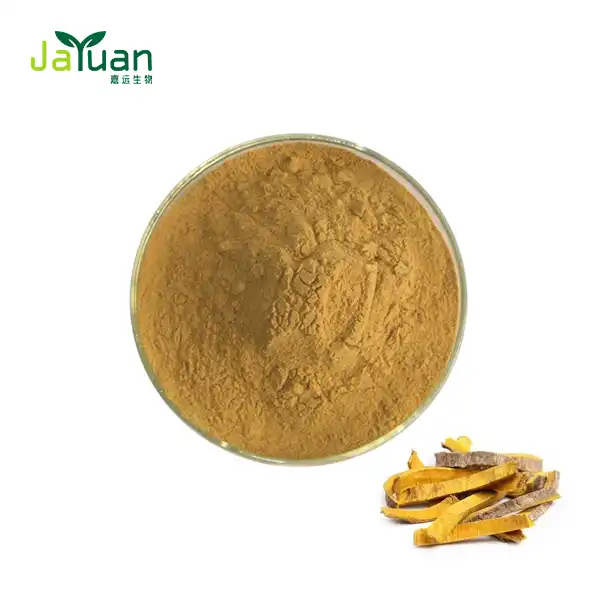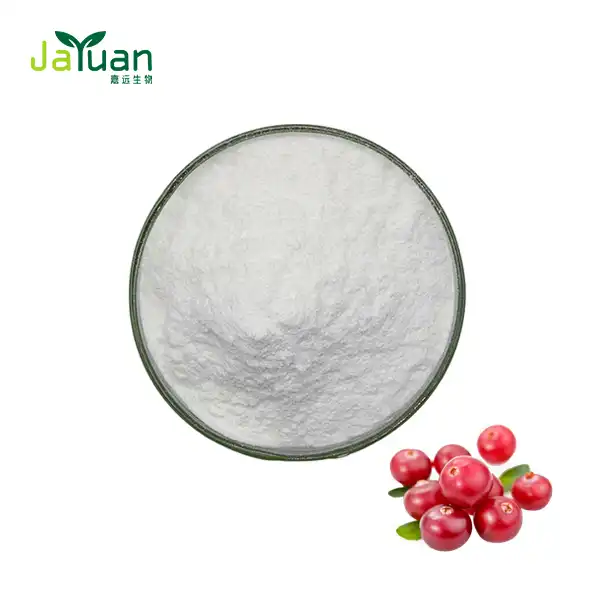How does Vitamin K2 MK7 differ from MK4?
Vitamin K2 MK7 powder has gained significant attention in the health and wellness community for its crucial role in bone and cardiovascular health. However, not all forms of Vitamin K2 are created equal. Two of the most commonly discussed forms are MK-4 and MK-7. In this comprehensive guide, we'll explore the key differences between these two variants, focusing on their sources, half-life, and dosage effectiveness.
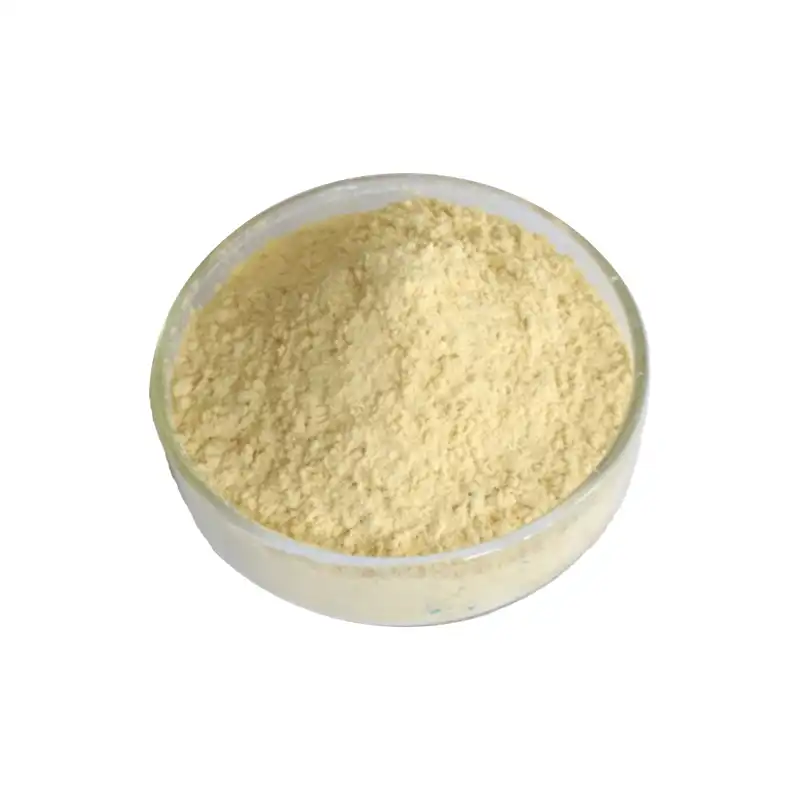
Source comparison: Natto-derived MK7 vs. animal-based MK4
One of the primary differences between MK-7 and MK-4 lies in their sources. Vitamin K2 MK7 powder is primarily derived from natto, a traditional Japanese fermented soybean dish. This fermentation process, involving Bacillus subtilis bacteria, naturally produces high levels of MK-7.
On the other hand, MK-4 is typically found in animal-based foods such as egg yolks, butter, and organ meats. It can also be synthesized in the body from Vitamin K1, although this conversion process is not very efficient.
The plant-based origin of MK-7 makes it an attractive option for vegetarians and vegans looking to supplement their Vitamin K2 intake. Moreover, the fermentation process used to produce MK-7 results in a more stable and bioavailable form of Vitamin K2.
It's worth noting that while both forms are beneficial, the natto-derived MK-7 has shown superior absorption and utilization in the body compared to its animal-based counterpart. This enhanced bioavailability is one of the reasons why many health enthusiasts and professionals are turning to Vitamin K2 MK7 bulk powder for their supplementation needs.
Half-life differences: Why MK7 stays active longer in the body
Another important difference between MK-7 and MK-4 is their half-life in the body, which refers to the time it takes for half of the substance to be eliminated from the system. This factor plays a key role in determining how frequently a supplement needs to be taken and how effectively it can perform its intended functions.
MK-7 stands out due to its significantly longer half-life compared to MK-4. While MK-4 is cleared from the body within a few hours, MK-7 can remain active in the system for several days. This extended presence allows MK-7 to circulate in the bloodstream for a longer period, providing more consistent and sustained benefits. As a result, MK-7 may offer greater long-term support with fewer doses, making it a more convenient and effective option for many individuals seeking to maintain optimal levels of vitamin K2.
The prolonged half-life of MK-7 translates to several advantages:
- Sustained blood levels: MK-7 maintains more stable blood concentrations over time, which may lead to more consistent health benefits.
- Less frequent dosing: Due to its longer half-life, MK-7 supplements typically require less frequent administration compared to MK-4.
- Improved convenience: The need for less frequent dosing can make it easier for individuals to adhere to their supplementation regimen.
These factors contribute to the growing popularity of Vitamin K2 MK7 powder in the health supplement market. The extended bioavailability allows for more flexibility in dosing schedules while potentially offering more sustained benefits.
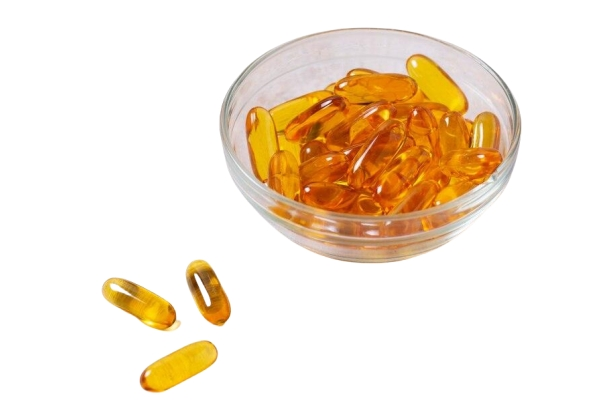
Dosage effectiveness: MK7's superior bioavailability at lower doses
When it comes to dosage effectiveness, MK-7 demonstrates a clear advantage over MK-4. Due to its superior bioavailability, MK-7 can be effective at significantly lower doses compared to MK-4.
Research has shown that MK-7 can be absorbed and utilized by the body more efficiently than MK-4. This enhanced absorption means that smaller amounts of MK-7 can potentially provide similar or even greater benefits compared to larger doses of MK-4.
The superior bioavailability of MK-7 offers several benefits:
- Lower effective dose: Smaller amounts of MK-7 can potentially provide the same benefits as larger doses of MK-4.
- Cost-effectiveness: As less MK-7 is needed to achieve the desired effects, it can be more economical in the long run.
- Reduced risk of overconsumption: The higher potency of MK-7 at lower doses may help mitigate concerns about excessive intake.
These factors make Vitamin K2 MK7 bulk powder an attractive option for both consumers and manufacturers in the health supplement industry. The ability to achieve desired results with smaller doses can lead to more efficient and cost-effective product formulations.
It's important to note that while MK-7 shows superior bioavailability, both forms of Vitamin K2 have their place in promoting overall health. The choice between MK-7 and MK-4 may depend on individual health goals, dietary preferences, and professional recommendations.
In conclusion, the differences between Vitamin K2 MK7 and MK4 are significant and multifaceted. From their sources to their half-life and dosage effectiveness, these two forms of Vitamin K2 offer unique benefits. The extended bioavailability and superior absorption of MK-7 have made it an increasingly popular choice in the health supplement market.
As research in this field continues to evolve, we can expect to gain even more insights into the specific benefits and applications of these vital nutrients. Whether you're a health-conscious individual or a supplement manufacturer, understanding these differences can help inform better decisions about Vitamin K2 supplementation.
For those interested in exploring high-quality Vitamin K2 MK7 powder for their health regimen or product formulations, Xi'an Jiayuan Bio-Tech offers premium, naturally-sourced options. Our team of experts is committed to providing top-tier plant extracts and customized solutions to meet your specific needs.
To learn more about our Vitamin K2 MK7 offerings or to discuss your unique requirements, don't hesitate to reach out to us at sales@jayuanbio.com. Our dedicated team is ready to assist you in harnessing the power of this remarkable nutrient for your health and wellness goals.
References
- Schurgers, L.J., et al. (2007). Vitamin K-containing dietary supplements: comparison of synthetic vitamin K1 and natto-derived menaquinone-7. Blood, 109(8), 3279-3283.
- Sato, T., et al. (2012). Comparison of menaquinone-4 and menaquinone-7 bioavailability in healthy women. Nutrition Journal, 11, 93.
- Knapen, M.H., et al. (2007). Vitamin K2 supplementation improves hip bone geometry and bone strength indices in postmenopausal women. Osteoporosis International, 18(7), 963-972.
- Theuwissen, E., et al. (2012). Low-dose menaquinone-7 supplementation improved extra-hepatic vitamin K status, but had no effect on thrombin generation in healthy subjects. British Journal of Nutrition, 108(9), 1652-1657.
- Geleijnse, J.M., et al. (2004). Dietary intake of menaquinone is associated with a reduced risk of coronary heart disease: the Rotterdam Study. Journal of Nutrition, 134(11), 3100-3105.
- Beulens, J.W., et al. (2009). High dietary menaquinone intake is associated with reduced coronary calcification. Atherosclerosis, 203(2), 489-493.

